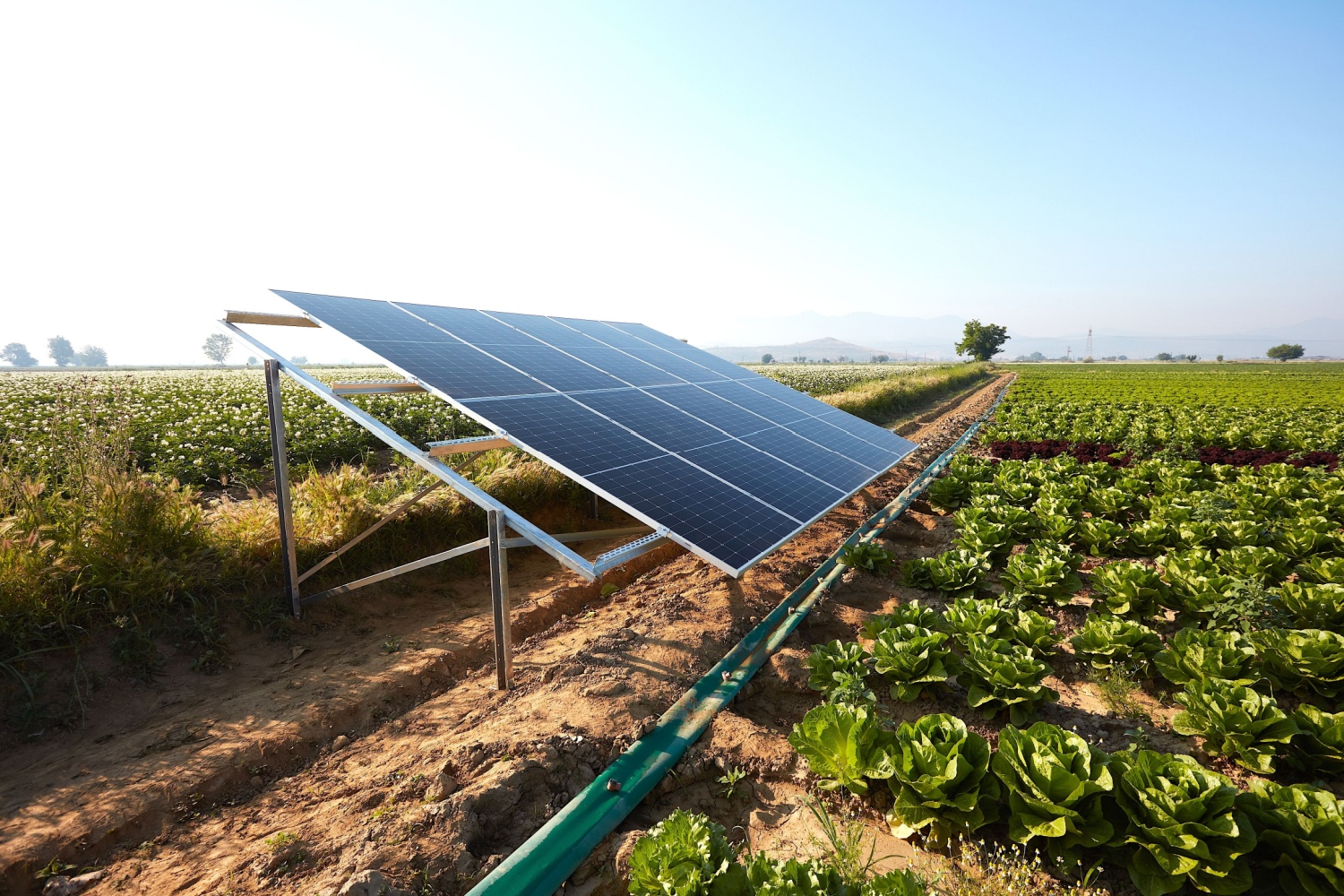The U.S. Department of Agriculture will no longer fund solar panel projects on productive farmland or allow panels made by foreign adversaries to be used in USDA-funded initiatives, Secretary of Agriculture Brooke L. Rollins announced Tuesday during a visit to Tennessee.
Rollins was joined by Tennessee Gov. Bill Lee, Sens. Marsha Blackburn and Bill Hagerty, Rep. John Rose, and USDA Deputy Secretary Stephen Vaden to unveil the policy shift, which targets the impact of subsidized solar development on American agriculture.
“Our prime farmland should not be wasted and replaced with Green New Deal-subsidized solar panels,” Rollins said. “It has been disheartening to see our beautiful farmland displaced by solar projects, especially in rural areas with strong agricultural heritage.”
The USDA’s decision comes amid growing concern over the conversion of agricultural land into solar farms. Officials cited rising land prices and reduced availability for farmers, especially new and younger producers, as key issues.
Tennessee has lost more than 1.2 million acres of farmland over the past 30 years, with projections indicating an additional 2 million acres could be lost by 2027, according to the press release. Nationally, solar panel installations on farmland have increased nearly 50% since 2012.
Gov. Lee welcomed the announcement, calling farmland critical to national security and the state’s economic future.
“Tennesseans know that our farmland is our national security, our economic future, and our children’s heritage,” Lee said. “We’re grateful for Secretary Rollins’ leadership in protecting it.”
The USDA’s new policy also bars the use of solar panels manufactured in countries deemed foreign adversaries, though officials did not specify which nations were included.
Rep. Ralph Norman, R-S.C., praised the move, saying solar subsidies have disrupted market pricing and burdened consumers.
“It’s been proven time and time again that subsidies negatively impact market pricing, passing the cost directly to consumers,” Norman said. “I applaud the work of the USDA protecting national security, prioritizing American products first, and amplifying an all-of-the-above energy approach.”
The USDA did not indicate whether existing solar projects on farmland would be affected.


